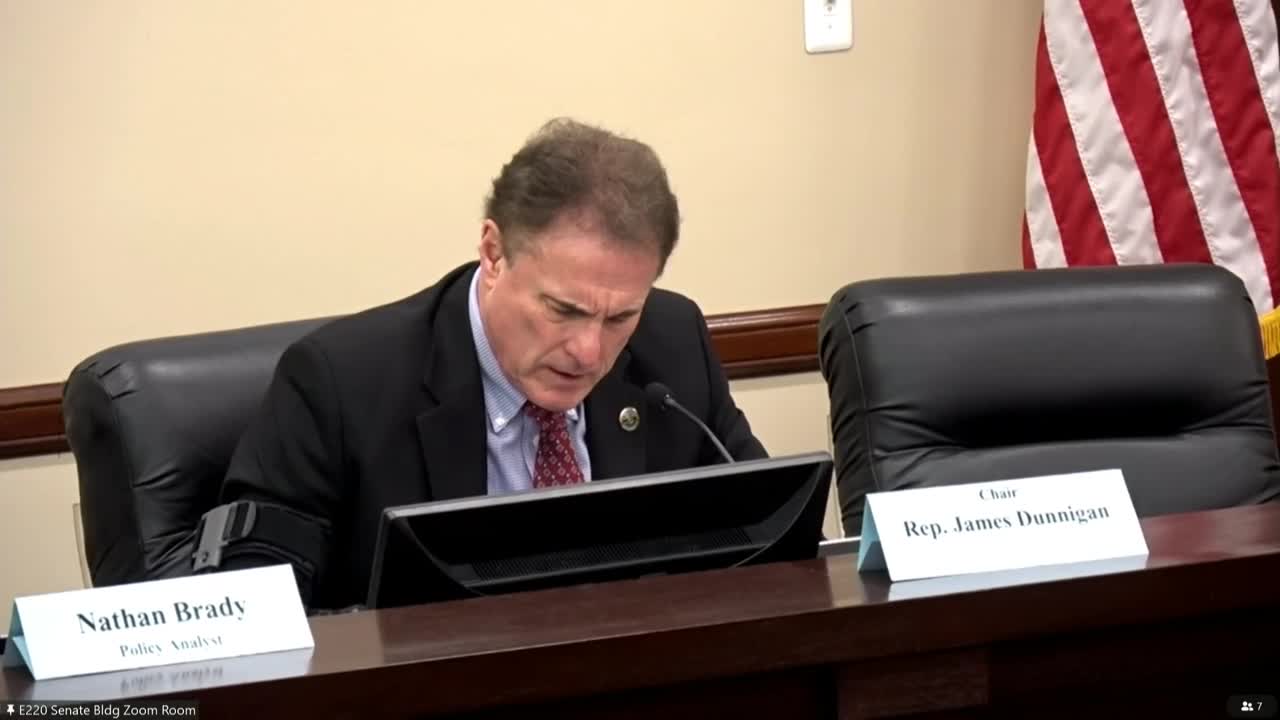Committee unanimously advances consensus boundary‑line reform to streamline simple property adjustments
Get AI-powered insights, summaries, and transcripts
Subscribe
Summary
Second substitute Senate Bill 104 passed the committee unanimously. Sponsors described it as a consensus package developed with title companies, surveyors, county recorders and other stakeholders to simplify residential boundary adjustments where adjoining owners agree and no third‑party interests are affected.
Senator Musselman introduced second substitute Senate Bill 104, a consensus bill to clarify and streamline boundary adjustments and boundary‑establishment processes. The sponsor said he and stakeholders—including title companies, surveyors, county recorders and the land‑use task force—worked for months to produce language that makes it easier for adjoining owners to record adjustments in straightforward cases while preserving more robust procedures when easements, septic‑field constraints or other third‑party interests are implicated.
Under the bill’s framework, a "simple" boundary adjustment may be recorded without a new survey if the local land‑use authority reviews and signs off that no public‑interest elements (for example, easements or septic leach fields) are affected. If the land‑use authority finds an impact, the adjustment would follow a more detailed process that generally requires a survey and additional checks before recordation. If a boundary is disputed, the matter would go to the boundary‑establishment track, which includes survey and title‑evidence steps appropriate to contested claims.
Senator Musselman said the proposed system reduces cost and delay for routine, mutually agreed adjustments while preserving safeguards where public infrastructure or third‑party interests are involved. Committee members asked which adjustments would require surveys; the sponsor explained a simple adjustment requires land‑use authority sign‑off to avoid a survey, and a more complex adjustment or an establishment proceeding would require a survey.
No public commenters opposed the bill in committee. Representative Ward moved to recommend the second substitute favorably; the motion carried unanimously. Senator Musselman asked that the bill be considered for the consent calendar; the committee indicated it would not place it on consent in this session but recommended it favorably to the House floor.
Why it matters: the bill aims to reduce cost and administrative burden for routine boundary corrections and transfers while preserving protections where public infrastructure or rights might be affected.
What’s next: the committee recommended SB104 favorably with unanimous support and returned it to the floor process.
